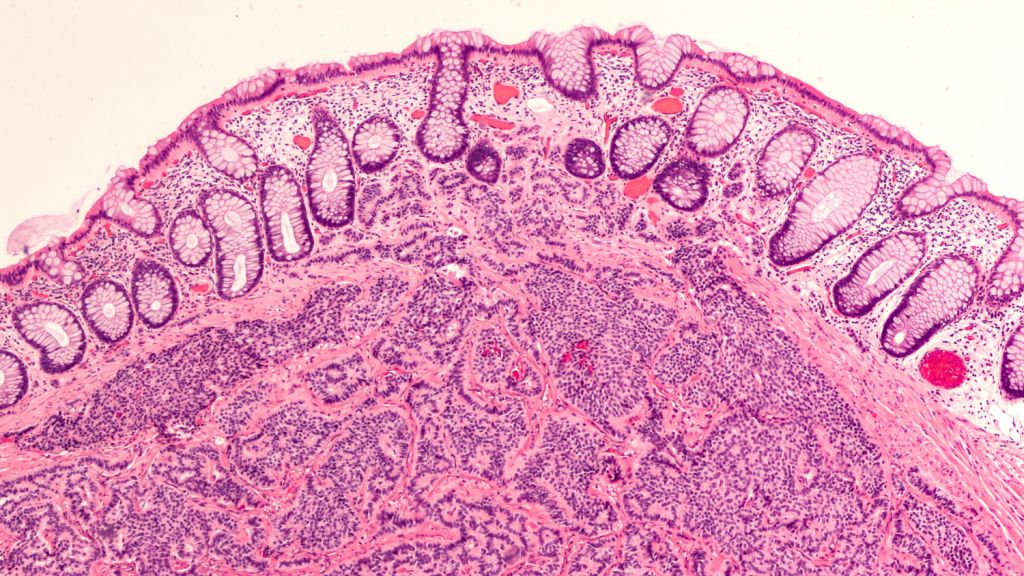A phase 1 trial to investigate a drug for treating people with advanced malignant neoplasms has begun in China.
HUTCHMED announced the trial of anti-CD47 monoclonal antibody HMPL-A83 on Friday (July 15).
It is the thirteenth innovative oncology drug candidate discovered in-house by HUTCHMED and it is the company’s second large molecule drug candidate to enter clinical studies.
The investigational novel IgG4-type humanized anti-CD47 monoclonal antibody was given to the first patient as part of the multicenter, open-label study to evaluate the safety, tolerability, pharmacokinetics and preliminary efficacy for the patients with advanced malignant neoplasms.
Pharmacodynamics
The primary endpoints are dose-limiting toxicity, safety, tolerability, recommended phase 2 dose (RP2D) and maximum tolerated dose. The secondary endpoints include pharmacokinetics, pharmacodynamics, immunogenicity and preliminary efficacy profile.
Weiguo Su, CEO and chief scientific officer of HUTCHMED, said: “HMPL-A83 marks a new chapter in our large molecule and immunotherapy exploration. It is our thirteenth oncology drug candidate to emerge from our innovative in-house discovery platform and it has significant potential to offer new combination therapy opportunities with our existing small molecule portfolio. This approach forms a key part of our multi-pronged strategy to treat cancer and immunological diseases and we are very excited to advance HMPL-A83’s development.”
CD47 is a cell surface transmembrane protein that is ubiquitously expressed on virtually all human cells. The overexpression of CD47 is reported in a variety of tumors and is believed to be associated with immune escape from macrophage-mediated phagocytosis.
HMPL-A83 is an investigational IgG4-type humanized anti-CD47 monoclonal antibody that exhibits high affinity for CD47.
HMPL-A83 blocks CD47 binding to a signal regulatory protein (SIRP) and disrupts the “do not eat me” signal that cancer cells use to shield themselves from the immune system.
Hemagglutination
In preclinical studies, HMPL-A83 demonstrated weak affinity for red blood cells and no induction of hemagglutination, implying low risk of anemia.
HMPL-A83 also demonstrated a high affinity for CD47 antigen on tumor cells and strong phagocytosis induction of multiple tumor cells. HMPL-A83 has also demonstrated strong anti-tumor activity in multiple animal models.
HUTCHMED is committed to the discovery and global development and commercialization of targeted therapies and immunotherapies for the treatment of cancer and immunological diseases. Since it began, it has advanced 13 cancer drug candidates from in-house discovery into clinical studies around the world, with its first three oncology drugs now approved and marketed.
The lead principal investigators are Ye Guo of Shanghai East Hospital and Yuping Sun of Shandong Cancer Hospital. Additional details may be found at clinicaltrials.gov, using identifier NCT05429008.





